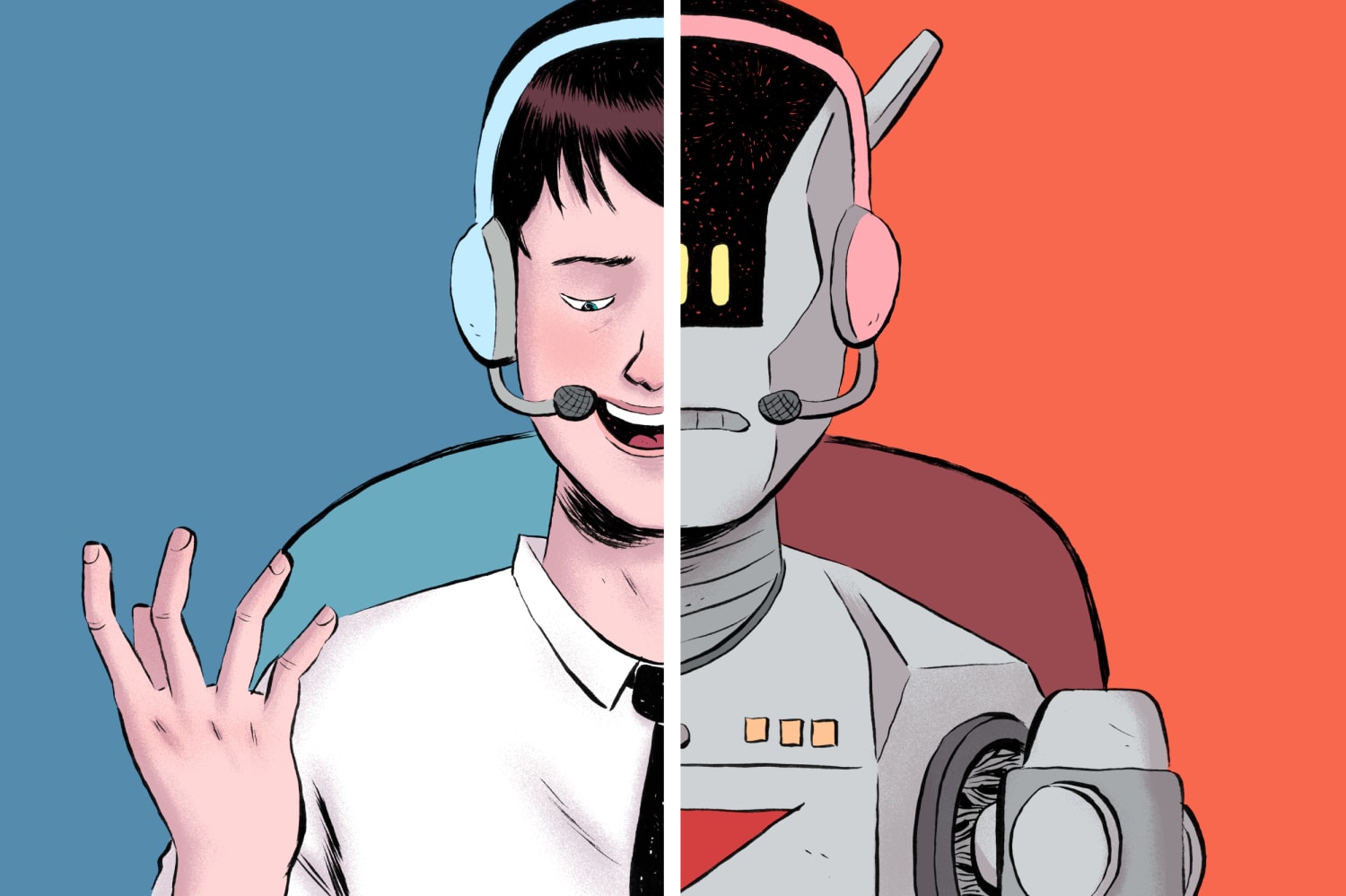Book: How to Fail at Almost Everything and Still Win Big, Scott Adams
1) The general theme of this book is essentially summed up in its title. In this book, Adams describes how to go from loss to loss, but still win big. He offers three main lessons: build your life around systems, not goals; find a job where you are most comfortable taking risks, and use space and time to manage your energy. Adams suggests systems are better because systems leave room for you to adjust your plans and make timing irrelevant. He also claims that the best job is one you are comfortable taking risks in. In his last lesson, he suggests to look at your energy levels through your activity, space and time. Overall, Adams concludes that failure does not mean you can't win.
2) This book definitely connects to what we have learned this semester in ENT 3003. This book discusses how failure is not the end of the world. Failure is just another step; it is a part of learning. This is a message that has been reflected in our lectures. It also relates to another of our blog posts this week. Everyone has to deal with failure at some point, especially in the business world.
3) If I had to design an exercise based on this book, I would have the class do an analysis of their lives based on these three lessons. 1) Design a system to establish in your day to day life. 2) Identify a couple of area that you are comfortable taking risks in. 3) Analyze your energy levels for activities, space and time. For example, what activities do you find exciting? Draining?
4) The most surprising moment for me was when Adams claimed systems are better than goals. I have always heard that it is important to set goals. However, Adams claims that goals have two problems: they are in the future and they are too specific. He prefers systems because they allow you to remain flexible.


